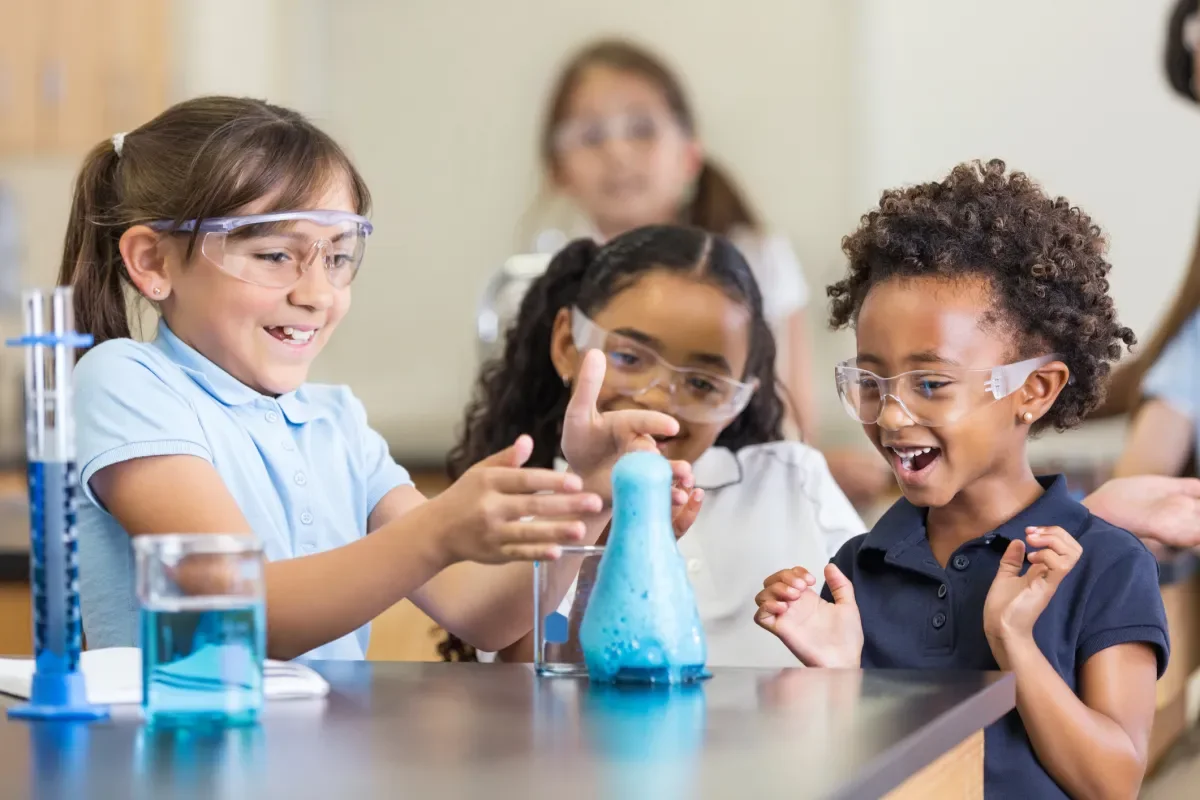
Tech issues and few practical activities impacts science teaching and learning during Covid-19 school closures
Access to technology and a lack of practical activities were among some of the issues highlighted by teachers in relation to the impact of Covid-19 school closures on science teaching and learning, according to new research by DCU’s Centre for the Advancement of STEM Teaching and Learning (CASTeL).
The study surveyed 269 teachers (163 second-level and 106 primary level teachers) from across Ireland between June and July in order to identify the impact of Covid-19 school closures on the teaching and learning of science, with a specific focus on practical activities.
All teachers reported using technology to support their science teaching but the facilitation of practical and investigative activities significantly decreased with over three-quarters of the secondary school teachers and nearly half of the primary teachers reporting that they used very few practical activities in science lessons.
Teachers highlighted concerns around students’ lack of access to technology, equipment and materials to support their science learning and estimated that these issues would widen inequalities between students that participate in science.
The ability to facilitate practical activities, which are a mandatory part of the school science curriculum and crucially enhance a student’s ability to grasp and understand the subject, were among the standout points raised by teachers.
Of the secondary school teachers that did facilitate practical activities, they used video demonstrations of experiments or interactive simulations. Teachers, in particular those in second-level, highlighted that in reality it was difficult for pupils to carry out experiments at home as it needed the guidance of a teacher, but that a lack of parental encouragement to complete science homework/tasks was also a feature.
Most primary teachers continued to facilitate practical activities, at least occasionally, with their students during school closures by encouraging them to carry out simple experiments at home or to go on field trips to their garden or local area.
However, primary teachers also highlighted their concerns around a lack of parental support for such field trips/garden explorations plus a lack of materials in the home.
Primary and second-level teachers also raised concern about how practical activities would be addressed upon returning to the classroom, citing a serious gap in students' science learning.
Dr Eilish McLoughlin, Associate Professor in the School of Physical Sciences and Director of CASTeL said,
“We know the importance that student engagement in practical and investigative activities in science has on their development of scientific knowledge and skills. We also know that teachers and peers have a critical role in supporting student learning.It is therefore worrying that over three-quarters (77%) of second-level science teachers and nearly half (45%) of primary teachers reported little or no use of practical activities with their students and this will cause a significant gap in science learning to be addressed when schools reopen”.
Commenting on the research findings, Dr. Ruth Chadwick said,
“Given pre-existing inequalities in engagement with science education between some societal groups, and the role of practical and investigative science activities in engaging students, this study highlights the risk that the Covid-19 school closures will exacerbate existing societal inequalities in science learning”.
